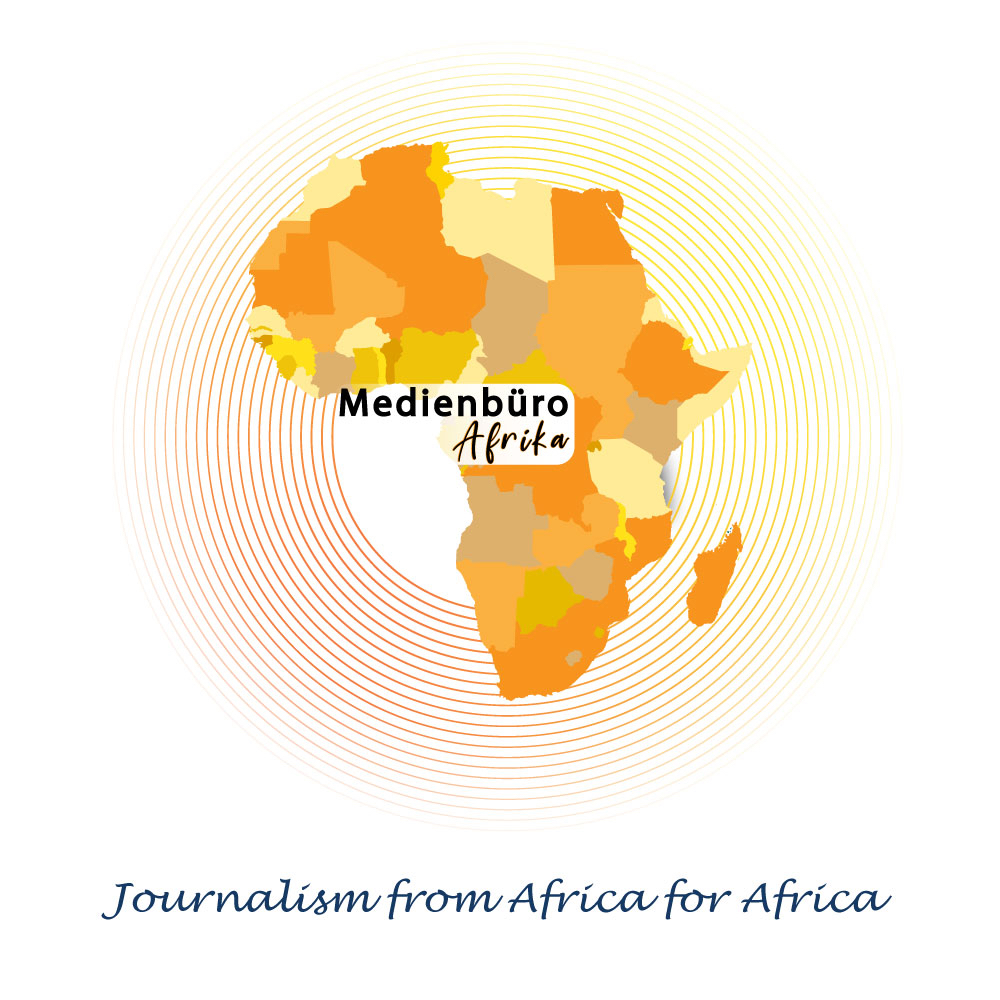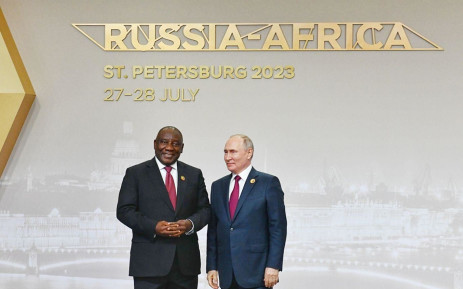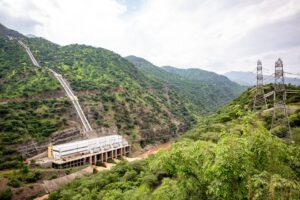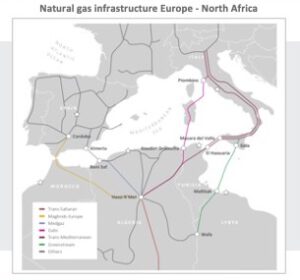South Africa is a long-time ally of Russia. The relationship between the two sovereign states is complex, with a long history of bilateral cooperation and mutual support. The alliance between these countries can be traced back to the years of the struggle against apartheid. The African National Congress (ANC), a liberation movement that fought against white minority rule in South Africa, relied heavily on financial support from the Union of Soviet Socialist Republics (USSR). In addition, history books note that the USSR, now known as the Russian Federation, provided the ANC’s paramilitary wing, Umkhoto we Sizwe, with arms, ammunition, and military training during the most difficult time in the 1960s.
When Nelson Mandela was released from prison in 1990, the ANC resolutely refused to be influenced by the whims of other countries, especially those that had not supported the struggle against apartheid. Nelson Mandela’s interview with American television veteran Ted Koppel expressed this attitude well. During the interview, Mandela was accused of having ties to U.S. rivals such as former Cuban President Fidel Castro, former Palestinian leader Yasser Arafat, and then-Libyan Prime Minister Muammar Gaddafi. In his response, Mandela laid out what is now the foundation and principles of South Africa’s foreign policy. “One of the mistakes which some political analysts make is to think their enemies should be our enemies. Our attitude towards any country is determined by the attitude of that country to our struggle. Yasser Arafat, Colonel Gaddafi, and Fidel Castro support our struggle to the hilt. They do not support the anti-apartheid struggle only in rhetoric; they are placing resources at our disposal for us to win the struggle.”
Against this backdrop, the relationship between SA and Russia should come as no surprise. The ANC won its first democratic elections in 1994 and became the ruling party in SA. Perhaps it is important to mention that the U.S. considered Nelson Mandela a terrorist and he remained on the U.S. terrorism watch list until 2008. In 1989, the U.S. Defence Department also listed the ANC among 52 of the “world’s most notorious terrorist groups”, citing attacks during the 1980s, many of which targeted apartheid government facilities, including a military command headquarters, and car-bombings of the South African Air Force.
Suffice it to say South African democratic government made friends with mostly communist countries that supported their conquest against apartheid. Even though Russia contributes about 0.4% of imports to SA’s economy, the camaraderiebetween these two countries remains strong.
Even though South Africa is firmly aligned with Russia, the reality is that the West contributes far more in terms of trade and investment to South Africa’s economy. This situation leaves SA in the horns of a dilemma as it was seen when the country abstained from voting in a United Nations General Assembly resolution condemning the Russian invasion of Ukraine. This was eventually followed by a much-publicized non-aligned stance on the war between Russia and Ukraine.
The International Criminal Court (ICC) issued a warrant of arrest against Russian President Vladimir Putin in March 2022. As a signatory to the ICC, SA is mandated to execute the warrant if Putin sets foot in the country for the BRICS Summit which is taking place in August. Pretoria had sent a high-level delegation to Moscow to negotiate with President Putin to attend the BRICS Summit virtually. This was done to avert potential sanctions against South Africa by the Westbecause it became apparent that the government was not intending to arrest the Russian president. It would have been the second time South African government ignored a Rome Statute order. In June 2015, South Africa failed to execute the ICC’s warrant of arrest for Sudanese President Omar al-Bashir when he visited the country for the African Union summit in Johannesburg.
The relationship between South Africa and Russia is further strengthened by their common goal of challenging the Western dominance of global finance. The resistance to Western dominance by countries such as Russia and South Africa could also be connected to the struggle for the right of self-determination of these states. South Africa and Russia have been advocating for the establishment of a common currency as part of the BRICS bloc. This would provide an alternative to the US dollar, which has been the dominant currency in global finance for many years. Non-U.S. allies are trying to find alternatives to the dollar to avert the economic impact of U.S. sanctions and to support a multipolar global trading system. Ultimately, the relationship between South Africa and Russia is a testament to the importance of pursuing and promoting self-determination in the face of hegemonic powers.
Author: Kimberley Asakundwi Netshivhale – Pretoria / South Africa
Photo Cred: Government Communication and System Information
Already published




